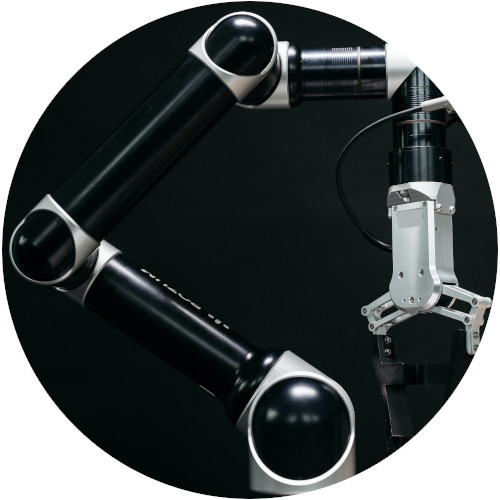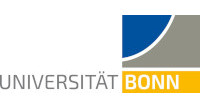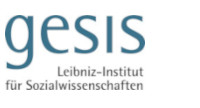Summer school 2024
Artificial Intelligence, Social Machines, and the Future of Democratic Societies
16th – 20th of September 2024
New joint publication of the Research group: "Special Issue of the Human Communcation Issue"
(to appear August 2024)
https://stars.library.ucf.edu/hmc/
The project initiative ‘Autonomy and autonomous systems’ is a joint research initiative of the University of Bonn and the RWTH Aachen. More than 25 different researchers from various faculties & disciplines are jointly conducting research in interdisciplinary subprojects on the concept of autonomy under our current technological conditions. We aim to develop a new understanding of autonomy that acknowledges not only personal actors and practices but also technological systems and our relationship with these systems as well.
Our research: Autonomy in a digital society
Human societies develop under their contemporary technological conditions. The key technological innovation that defines reshapes our way of life in the digital present is the autonomous system. Social practice, political values and our identity as self-determined actors are rethought, re-evaluated and reconfigured in relation to autonomous machines. The study of autonomous systems according to scientific methods and their location in philosophical discourse contributes to understanding a digital society in which autonomous interactions between humans and technology have become a reality. The research initiative 'Autonomy and Autonomous Systems' of the University of Bonn and the RWTH Aachen explores this paradigm shift in the human-technology relation from an interdisciplinary perspective of social, cultural and technical sciences. The results of this research should inform and guide the public, political and economic evaluation and the imagination of emerging socio-technological relation.
What are autonomous systems?
Autonomous systems are technological applications such as
- drones,
- voice assistance systems,
- bots,
- interfaces,
- smart-home-devices,
- assisting surgery systems,
- smart warehouses or
- humanoid robots
that can behave autonomously and adaptively in their area of application. In contrast to automatic systems, autonomous systems are capable of remaining functional in dynamic environments and can, for example, make sensible decisions due to their open, non-deterministic programming. The technological basis for the related extent of self-determination is artificial intelligence (AI).
Research Group:
Autonomy and autonomous systems
What role does autonomy play in our modern society?
The idea of autonomy is originally known to us as the theoretical ideal of the enlightened individual. As the capacity for self-determined, self-responsible, and morally relevant behavior, the concept of autonomy in the philosophy of Jean-Jacques Rousseau and Immanuel Kant establishes the human self-understanding as a person and fundamentally informs both the value system of democratic politics and modern jurisprudence to this day. Whereas historically the object of application of autonomy was initially the ancient polis, the concept is currently applied not only to persons, but above all to states, societal sub-areas such as art, and increasingly also to technical systems under the idea of alignment with human capacities. Autonomy is both a guiding idea and a core notion of (western) cultures and now faces its technological interdependence to the digital.

Why is it important to research and understand autonomous systems?
The integration of autonomous systems into our social practice does not happen without far-reaching consequences for our relationship to technology, our social interaction and our self-image. What is the role of humans in a digital society where our technological environment can behave more or less autonomously? How can we collaborate with autonomous systems in our increasingly technologized and digitized professions? Normative questions about the ethics of autonomous systems are also raised with particular urgency. Are autonomous systems a self-responsible group of actors? Which decisions may be delegated to autonomous systems - and which may not? Expert panels are discussing acutely the possibility of a loss of control and the development of a technosphere that increasingly displays its own process logic.





